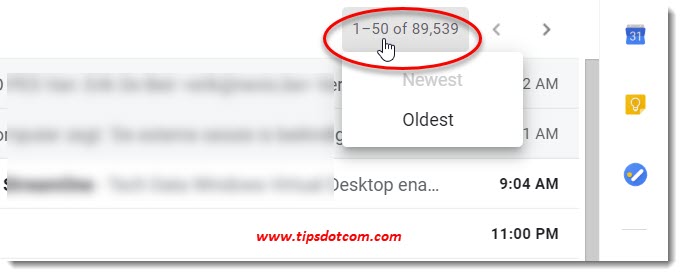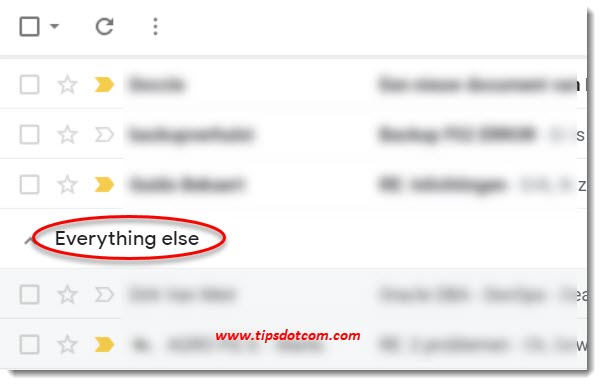

If both devices are running the same operating system, you can use wireless options (Wi-Fi and Bluetooth) to transfer the files. But, which one is best for you? Let's look at the top cloud storage options. Linux PCs and IoT devices can initialize and use a TPM as well.įree and cheap personal and small business cloud storage services are everywhere. You don't need to do anything special to set up or use a TPM beyond making sure it's enabled for use by the PC.
UNREAD MINBOX GMAIL WINDOWS 10
Windows 10 and Windows 11 initialize and take ownership of the TPM as part of the installation process. (For a detailed technical explanation, see "How Windows uses the Trusted Platform Module.") The TPM also holds the BitLocker keys that encrypt the contents of a Windows system disk, making it nearly impossible for an attacker to break that encryption and access your data without authorization.
UNREAD MINBOX GMAIL CODE
If someone tries to tamper with the operating system (to add a rootkit, say), Secure Boot prevents the changed code from executing. The TPM works with the Secure Boot feature, which verifies that only signed, trusted code runs when the computer starts up. The point of that technology is to be a super-secure location for processing cryptographic operations and storing the private keys that make strong encryption possible.
UNREAD MINBOX GMAIL HOW TO
Here's how to protect your home and small business PCs. The best time to start thinking about security is right now. If you see inaccuracies in our content, please report the mistake via this form. If we have made an error or published misleading information, we will correct or clarify the article. Our editors thoroughly review and fact-check every article to ensure that our content meets the highest standards.

Our goal is to deliver the most accurate information and the most knowledgeable advice possible in order to help you make smarter buying decisions on tech gear and a wide array of products and services.

ZDNET's editorial team writes on behalf of you, our reader. Indeed, we follow strict guidelines that ensure our editorial content is never influenced by advertisers. Neither ZDNET nor the author are compensated for these independent reviews. This helps support our work, but does not affect what we cover or how, and it does not affect the price you pay. When you click through from our site to a retailer and buy a product or service, we may earn affiliate commissions. And we pore over customer reviews to find out what matters to real people who already own and use the products and services we’re assessing. We gather data from the best available sources, including vendor and retailer listings as well as other relevant and independent reviews sites. ZDNET's recommendations are based on many hours of testing, research, and comparison shopping.


 0 kommentar(er)
0 kommentar(er)
